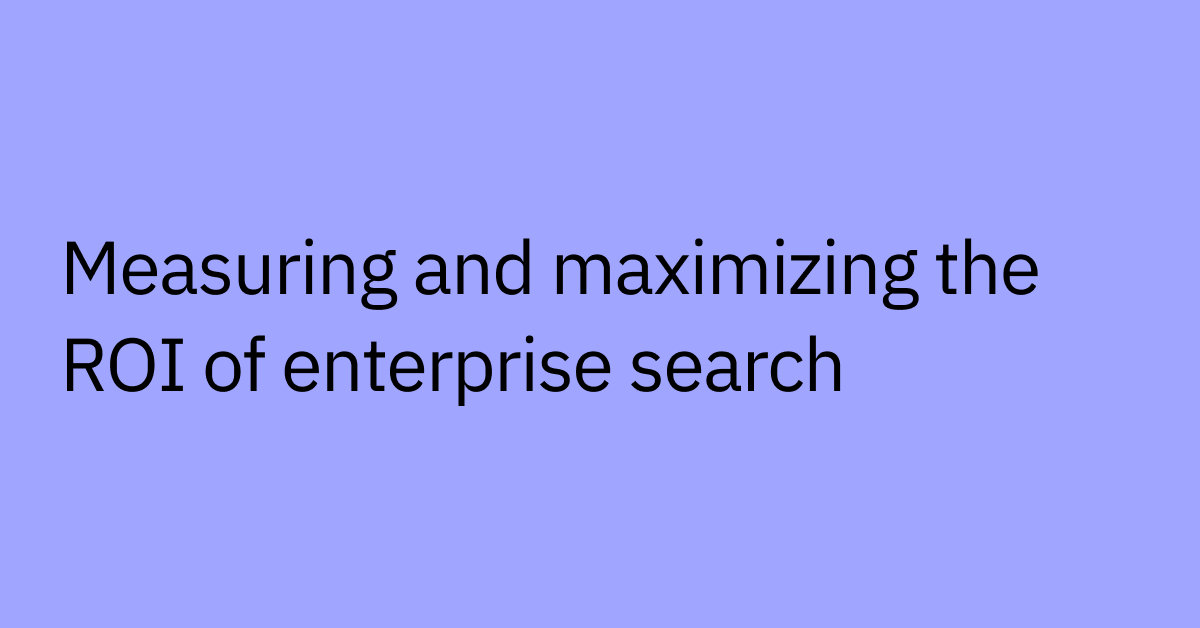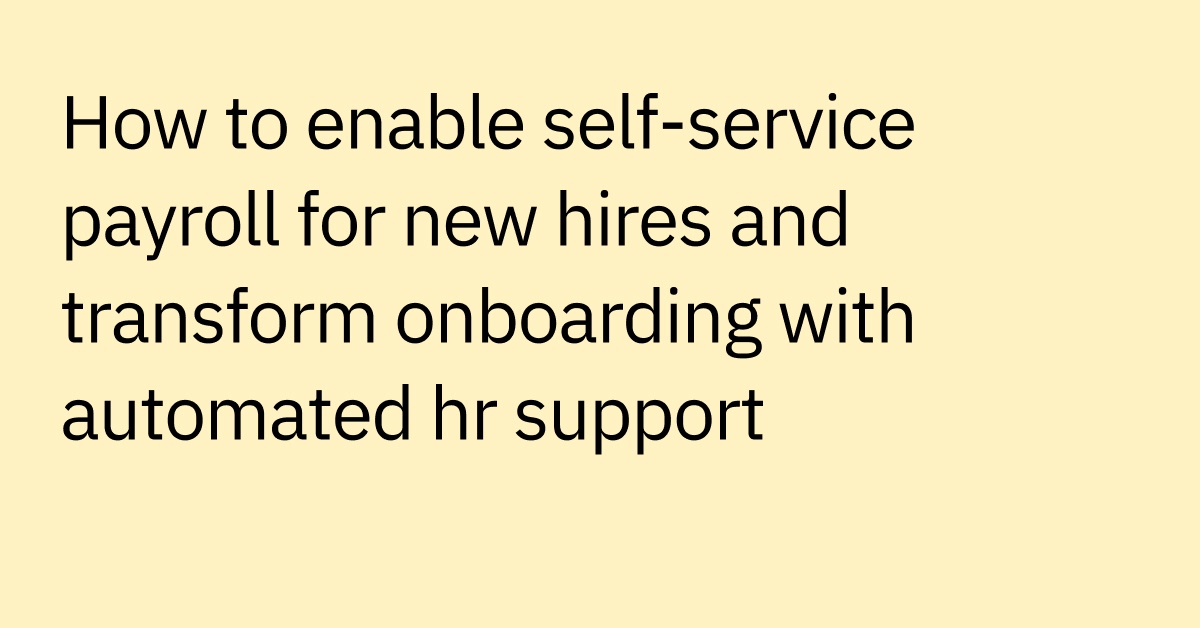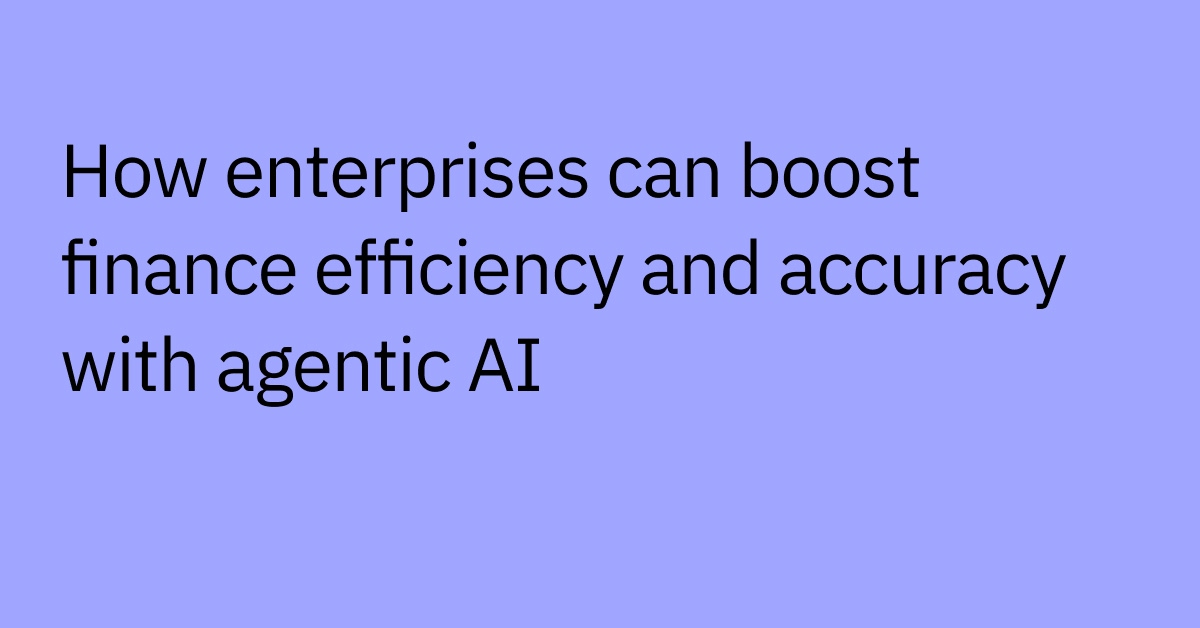Table of contents
Managed IT service providers (MSPs) have long been a go-to solution for enterprises looking to scale IT support. Offering around-the-clock coverage, deep technical expertise, and operational consistency, MSPs have earned their place in the IT management toolkit.
One survey found that nearly 88% of businesses either already use an MSP or are actively considering one, underscoring just how vital these partnerships have become for modern IT teams.
But the landscape is changing. AI-powered IT support automation also offers many of the same MSP benefits, offering faster troubleshooting and lower, more predictable costs — but without the vendor management.
So if you’re looking to efficiently scale your IT support, manage slow ticket resolutions, or increase visibility, we’ll guide you through top MSPs, describe how MSPs can work in conjunction with AI, and reveal when AI can be the smarter choice.
What to expect from a managed IT services provider
Managed IT service providers are a third-party providers that can handle organizational day-to-day IT operations like yours.
MSPs act as an extension of your in-house IT department, typically offering around-the-clock coverage, access to specialized skills, and support for critical systems you may not have the resources to manage internally.
Most MSPs provide services across a few key areas:
- Infrastructure monitoring: Monitor servers, networks, and endpoints to detect and respond to issues before they cause downtime or disruptions.
- Help desk support: Handle employee tickets and IT service requests, from password resets to hardware troubleshooting.
- Cloud services: Manage public, private, or hybrid cloud computing solutions, including provisioning, cloud migration, optimization, and ongoing maintenance.
- Cybersecurity management: Implement and maintain cybersecurity solutions like firewalls, antivirus tools, endpoint protection, and threat detection systems to protect against vulnerabilities.
- Compliance assistance: Help ensure your systems and processes meet industry-specific regulations such as HIPAA, GDPR, SOC 2, or financial services standards.
These foundational services help many enterprise IT teams maintain uptime and reliability, especially during rapid growth, digital transformation, or organizational change.
Choosing managed services providers for enterprise IT support
Outsourcing core IT functions to managed service providers remains a common strategy for enterprises, SMBs, and nonprofits facing capacity constraints. Whether it’s help desk support, network monitoring, cloud solutions, or day-to-day system management, MSPs promise coverage, expertise, and consistent service levels.
The top three reasons IT leaders turn to MSPs reflect this value clearly:
- 61% say MSPs help them stay current with the latest technology solutions.
- 52% point to improvements in the end-user experience.
- 52% highlight the cost-effective pricing of MSP partnerships compared to in-house IT professionals.
But despite the widespread adoption, not every MSP can support the complexity of a modern enterprise IT environment. In fact, 47% of MSPs report being overwhelmed by the sheer volume of security data they have to analyze, making it harder to quickly detect real threats. At the same time, 42% face ongoing challenges when implementing advanced threat detection tools, which can leave gaps in protection.
While MSPs can fill critical resource gaps, they’re not always designed for agility, transparency, or with your business context Choosing the right partner means evaluating alignment with your goals around speed, control, scalability, recovery, and business continuity.
At a glance: Top managed services providers for IT
Provider | Top Features | Ideal Use Case |
HCL |
Infrastructure management, cloud support, and operations automation | Enterprises needing modular, scalable IT solutions |
Leidos | Secure support, compliance, and mission‑critical uptime for government sectors | Government agencies and defense contractors with strict compliance needs |
CDW | Managed IT services bundled with procurement, licensing, and lifecycle oversight | Businesses seeking a one-stop shop for IT support, procurement, and hardware/software management |
Capgemini | Cloud, infrastructure, app support with strategic consulting | Enterprises investing in long-term IT modernization |
IBM Managed Services | Hybrid cloud, data security, AI consulting, and global help desk | Large enterprises with complex, multi-cloud, or regulated environments |
Accenture | IT strategy, cloud migration, and global digital transformation | Global enterprises pursuing multi-year transformation projects with a strong IT strategy |
Infosys | Application management, help desk, and large-scale infrastructure operations | Companies standardizing IT processes across multiple regions and various industries |
Cognizant | IT outsourcing, digital consulting, and help desk services | Organizations needing both strategic consulting services and operational support |
Winpro | Offshore infrastructure, cloud support, and 24/7 help desk | Cost-conscious enterprises prioritizing connectivity and cost-effective offshore models |
HCL — Best for enterprises seeking customizable IT operations at scale
HCL provides end-to-end managed services, including infrastructure management, cloud services, and IT operations automation. Enterprises often choose HCL for its modular service options and mature delivery frameworks, which allow tailored solutions for complex IT environments.
HCL’s Digital Foundation supports hybrid cloud setups, software-defined networking, and cybersecurity, enabling seamless scaling.
Leidos — Best for government agencies and defense contractors needing secure IT support
Leidos excels in managed IT services for public sector clients, particularly in defense, intelligence, and healthcare. Its expertise in secure, compliant environments makes it a trusted choice for organizations with mission-critical uptime and strict regulatory needs, such as HIPAA or FedRAMP.
The MSP ensures robust cybersecurity and reliable infrastructure for federal agencies, but its focus on regulated environments means it’s less suited for commercial enterprises seeking rapid innovation or diverse tech stacks.
If your organization operates in a security-forward, compliance-driven sector, Leidos delivers excellent reliability with comprehensive cybersecurity services and data protection.
CDW — Best for businesses that want bundled IT services and procurement support
Offering a one-stop shop for IT needs, CDW combines managed IT services with hardware and software procurement. This bundling approach simplifies vendor management, as CDW handles licensing, device provisioning, and lifecycle support alongside helpdesk and infrastructure services.
Businesses choose CDW to streamline operations and reduce vendor sprawl, but this convenience can limit flexibility, as you may not always get best-of-breed solutions tailored to specific needs. If consolidating vendors is a priority, CDW’s model is appealing, though it may sacrifice some customization.
Capgemini — Best for enterprises investing in digital transformation and managed IT execution
Capgemini blends managed services with deep consulting expertise, covering cloud-based infrastructure and application management. Enterprises often turn to Capgemini for strategic direction and hands-on IT support, especially during large-scale digital transformation efforts. Its strength lies in aligning IT initiatives with broader business goals.
IBM Managed Services — Best for complex, compliance-heavy IT environments
IBM delivers global-scale managed services that span hybrid cloud infrastructure, data security, AI consulting, and help desk operations. It’s a strong fit for large enterprises in highly regulated sectors like finance, healthcare, or government, where compliance, control, and multi-cloud orchestration are mission-critical.
With deep expertise in complex IT environments, IBM integrates advanced analytics and AI to enable predictive maintenance and proactive support. That said, the breadth and scale of its services often come with tradeoffs. Vendor lock-in can be a concern, and agility may be limited compared to what you’d get with smaller or more specialized providers.
Accenture — Best for global enterprises undergoing large-scale digital transformation
Accenture offers global IT consulting, cloud migration, and digital transformation consulting that large enterprises appreciate. But the company offers more than just IT support. They also provide guidance through complex, multi-year transformation initiatives that require alignment between technology, business strategy, and operational change.
This consulting-led model prioritizes long-term value and enterprise-wide impact, making it ideal for organizations that need a strategic partner to reimagine their IT infrastructure.
Infosys — Best for global companies standardizing support at scale
Infosys delivers global managed services with strong capabilities in application management, help desk support, and infrastructure operations. Its model emphasizes efficiency and repeatability, making it a strong fit for enterprises aiming to standardize IT support across multiple regions like retail, manufacturing, or logistics.
Cognizant — Best for regulated industries that need both strategy and support execution
Cognizant combines IT outsourcing, digital consulting, and help desk management, and the provider excels in regulated industries like healthcare and financial services. Enterprises typically turn to Cognizant when they need a single partner to handle long-term IT strategy and day-to-day support execution.
Its customizable service packages offer flexibility, allowing organizations to align support models with specific regulatory and business needs.
Wipro — Best for cost-conscious organizations prioritizing offshore coverage
Wipro offers global managed services across IT infrastructure, cloud support, and 24/7 help desk operations. Its offshore delivery model makes it a go-to for cost-conscious enterprises seeking constant coverage without inflating overhead.
The model delivers on scale and affordability, but challenges like language barriers, time zone delays, and rigid SLA enforcement can frustrate teams needing rapid, business-critical support.
When should you choose an AI support platform instead of an MSP?
MSPs provide valuable expertise and coverage, but AI service automation can outperform them in certain scenarios. Here’s when AI might be the better choice:
- Need for real-time resolution: Tasks like password resets, app provisioning, or policy FAQs don’t need human agents. AI can resolve these instantly using natural language processing, answering an employee’s question about VPN setup or software access in seconds via chat.
- Desire for lower cost-per-resolution: MSPs often charge per ticket or hour, which can drive up costs as support needs grow. AI platforms can scale without incremental costs, handling demand surges and ongoing growth – without surging costs.
- Inconsistent handoffs and SLAs: MSPs often rely on ticket queues and escalation processes, which can delay resolutions. AI solutions are able to eliminate many Level-0 and Level-1 tickets entirely, by providing query responses immediately.
- Need for internal control: AI platforms give your IT team greater visibility into user behavior, issue trends, and resolution metrics, empowering data-driven decisions without relying on vendor reports.
In summary, AI-powered automation in IT service management (ITSM) can take over many routine IT tasks, to offer faster, agile, more cost-effective, and transparent support at scale.
Transform your IT from reactive to proactive
Managed IT service providers can relieve overworked teams by taking over advanced and strategic support tasks, but AI tools can extend these abilities with greater agility, visibility, and long-term scalability.
Moveworks enables enterprises to modernize IT support by tackling the fundamental problems that managed service providers (MSPs) were typically engaged to handle. L0/L1 tasks like password resets, application access, and policy FAQs are seamlessly automated for employees via the Moveworks AI Assistant.
- Address IT issues instantly: Help to eliminate the delays caused by slow vendor queues and routing processes by addressing common support queries instantly through conversational interfaces.
- Maintain control: Use insights from your existing IT systems and tools to continuously improve processes and reduce unnecessary support calls while maintaining visibility into your operations.
- Scale efficiently: Quickly build and deploy custom automations. Accommodate increasing employee demands without expanding your help desk team or rigid vendor contracts that might not suit your IT needs.
In these ways, AI automation offers a balanced approach, where you can combine the comprehensive coverage and expert assistance of managed services with the control, transparency, and cost-efficiency of in-house management.
See how Moveworks’ AI for IT solutions can help you build a smarter, more scalable IT environment.



